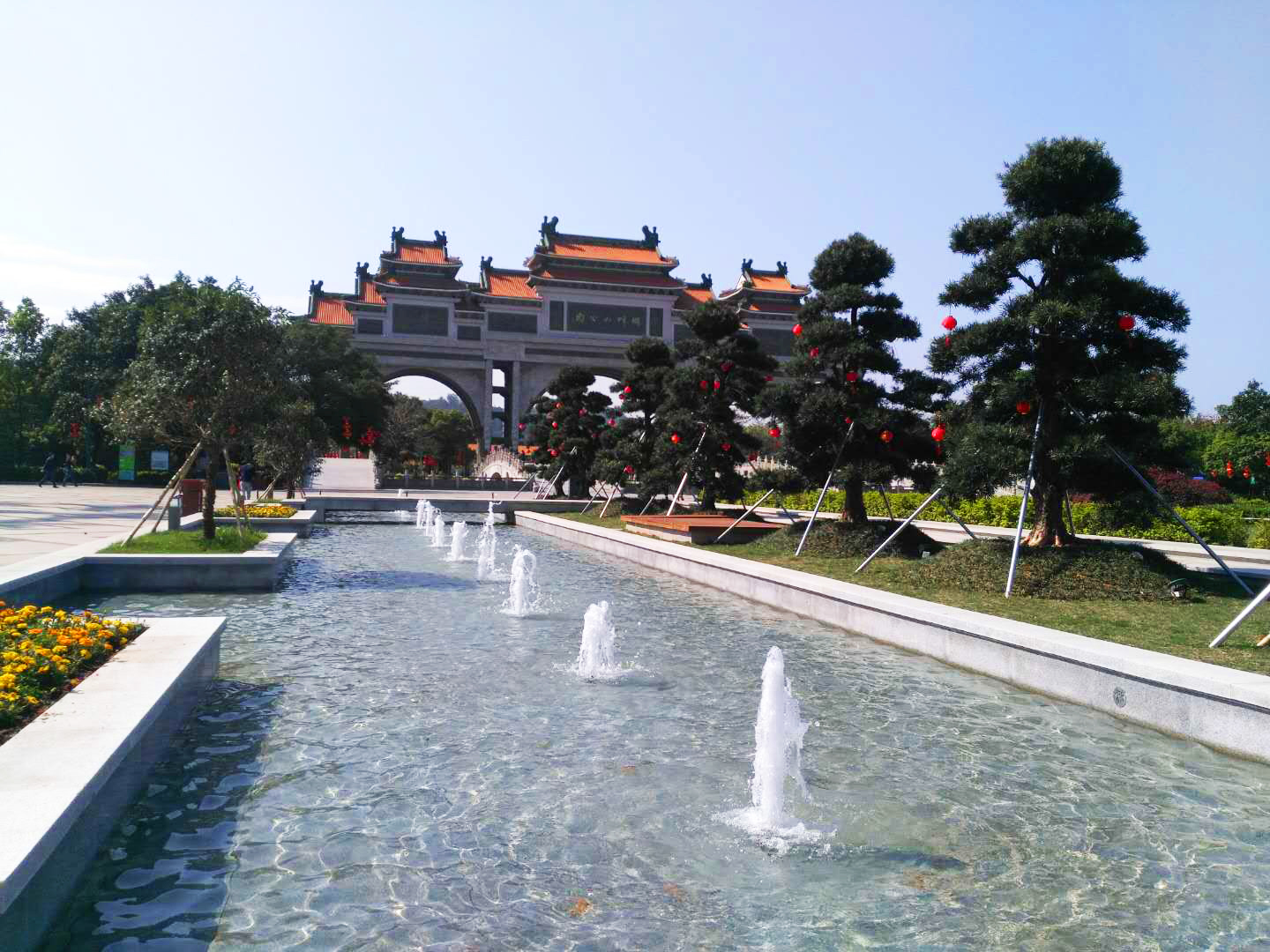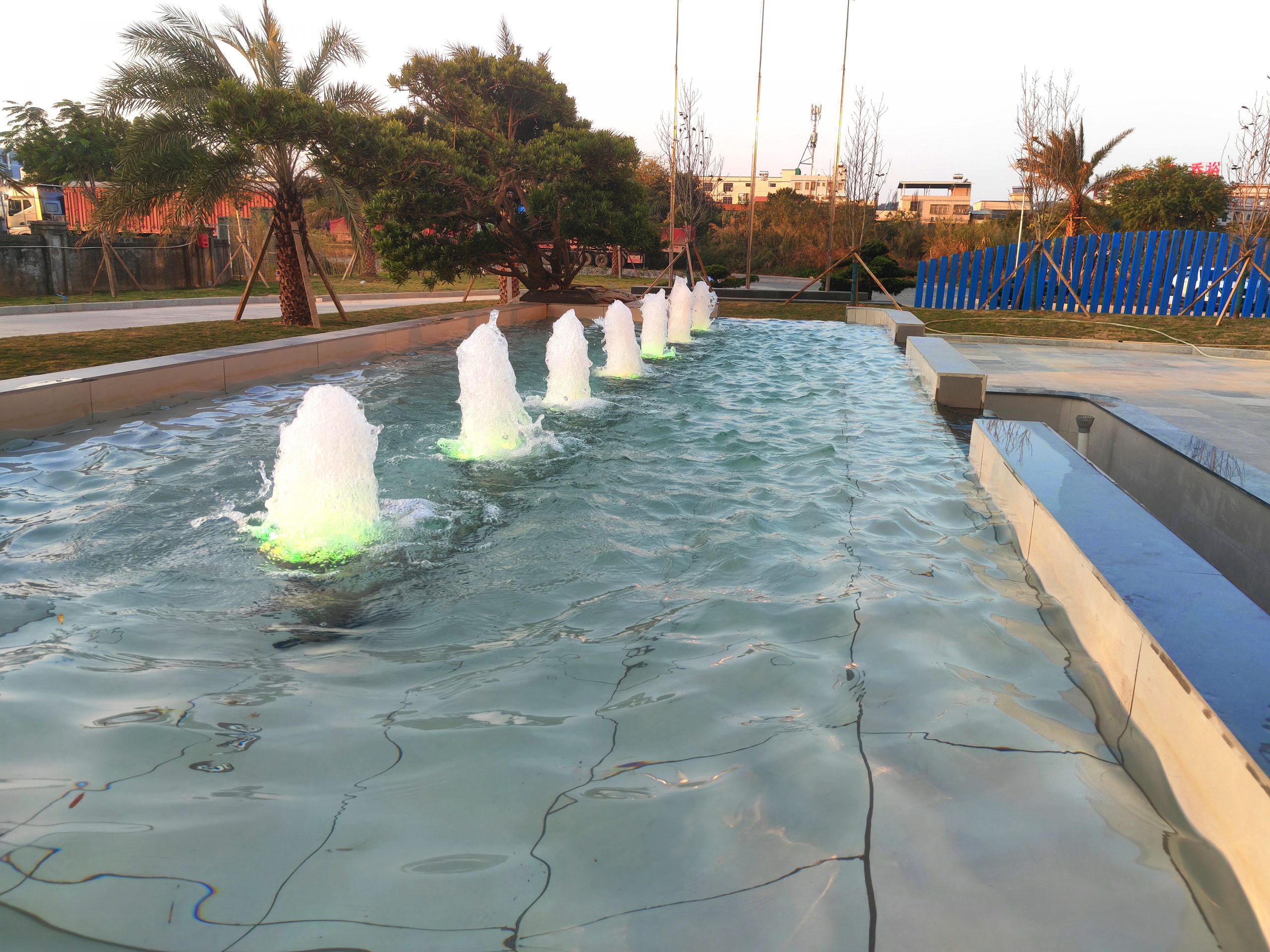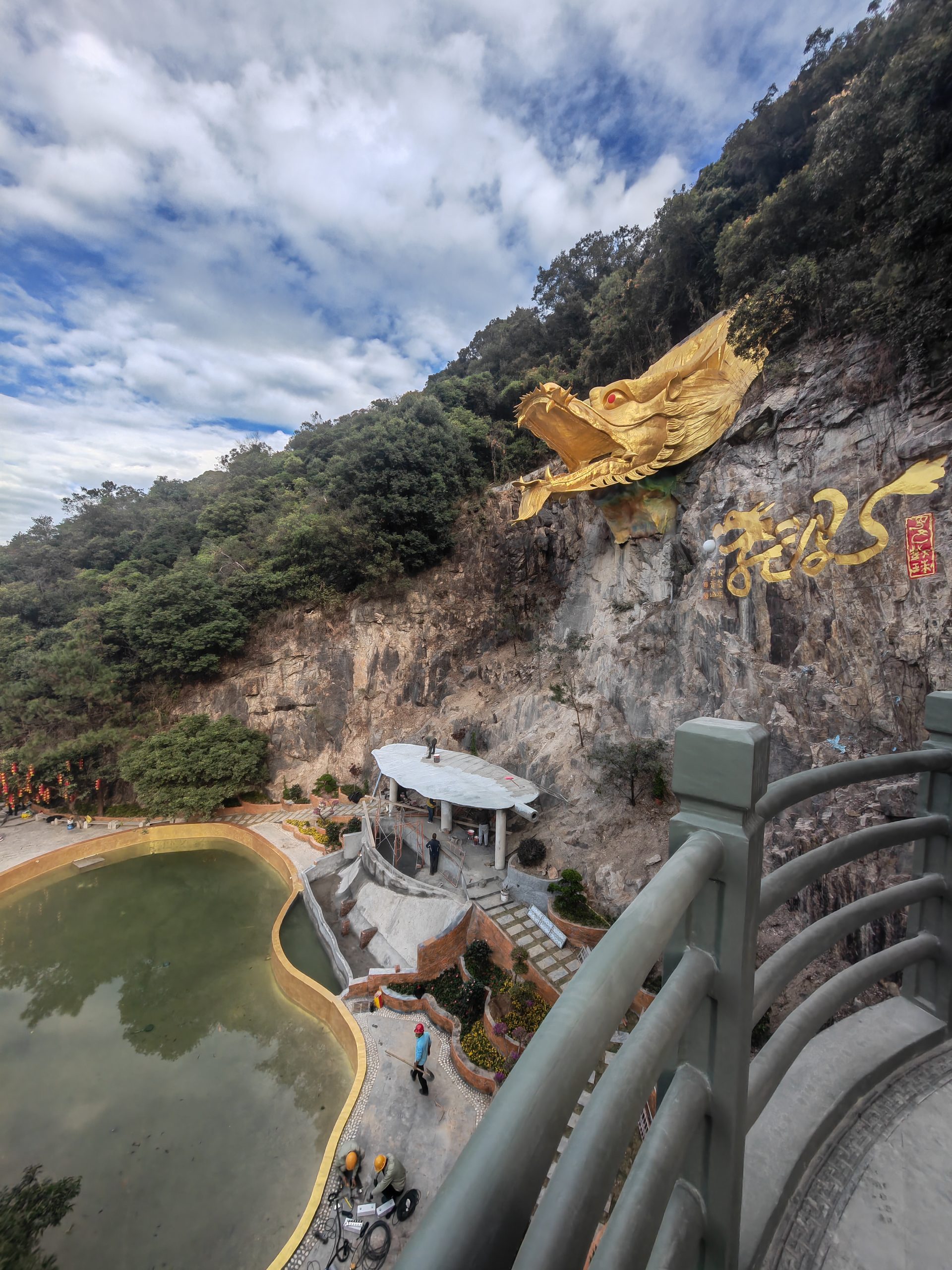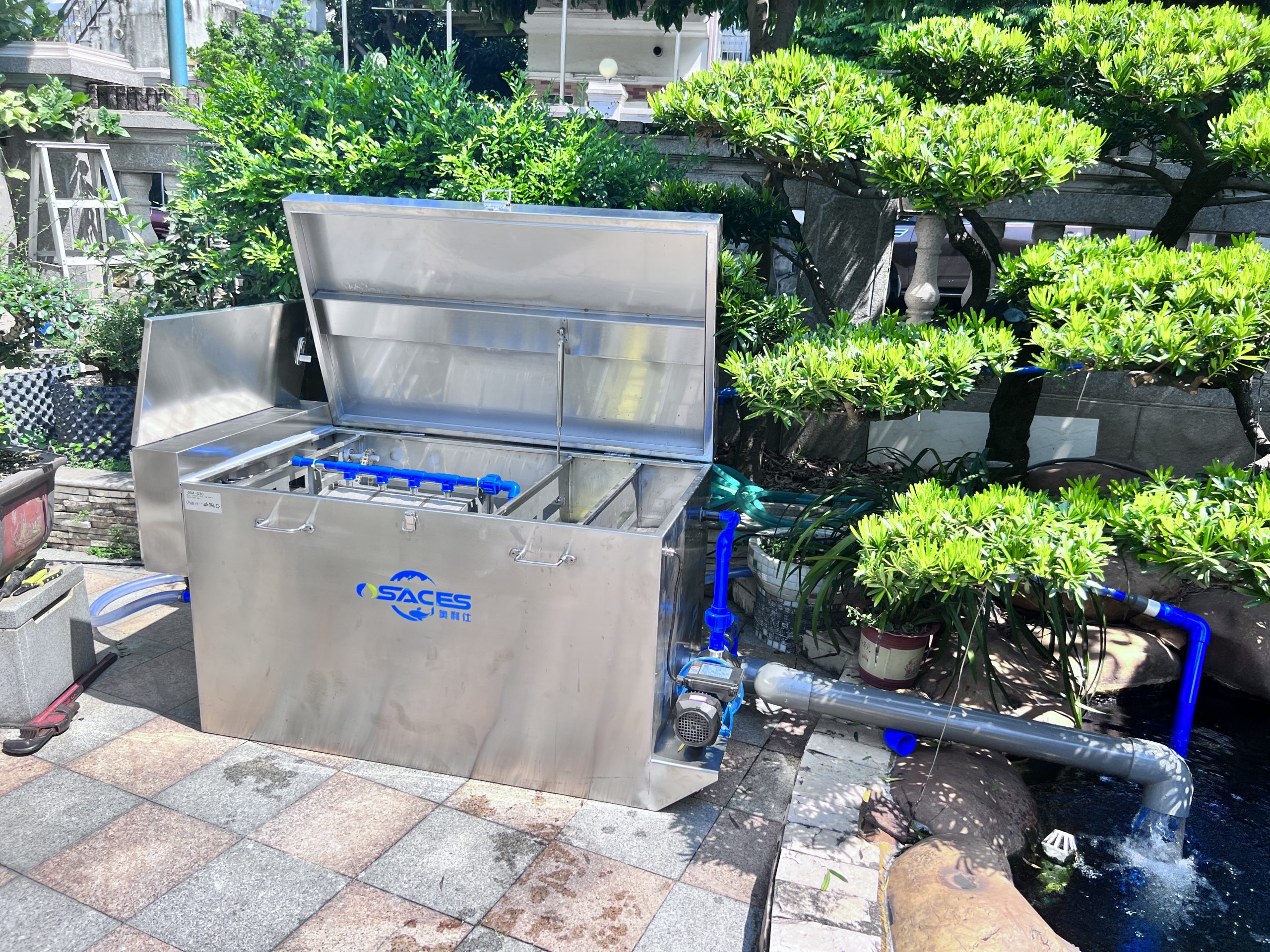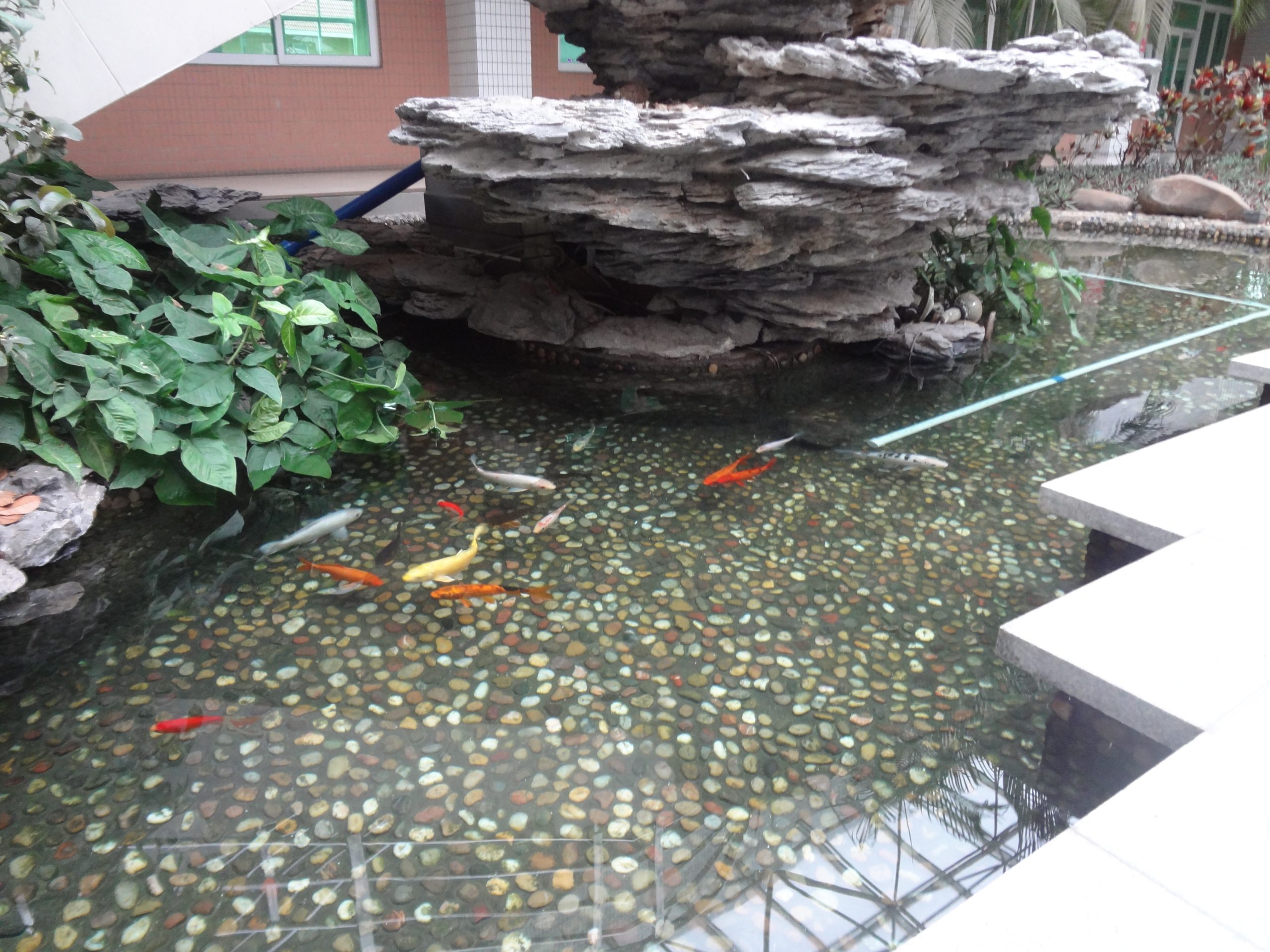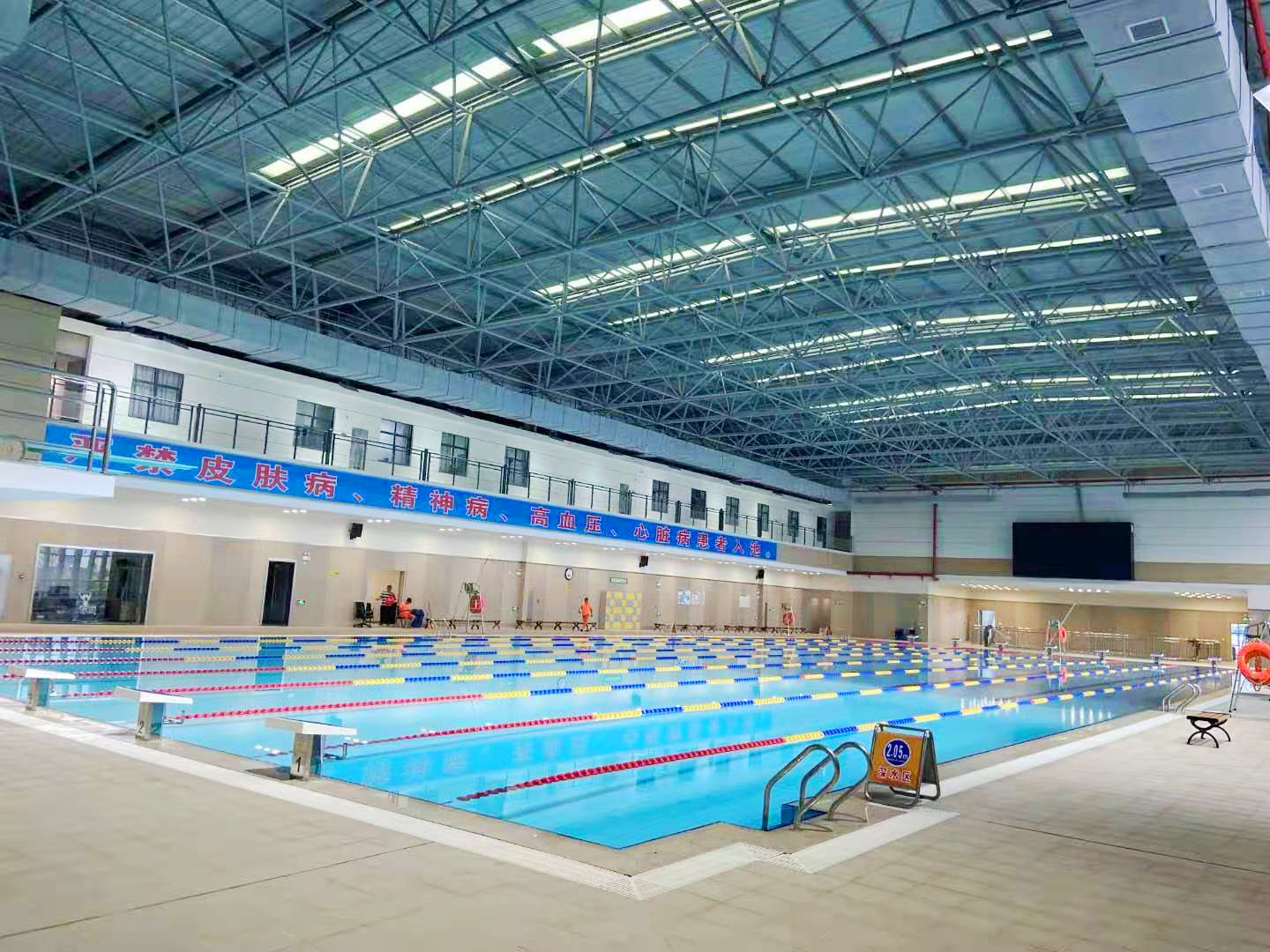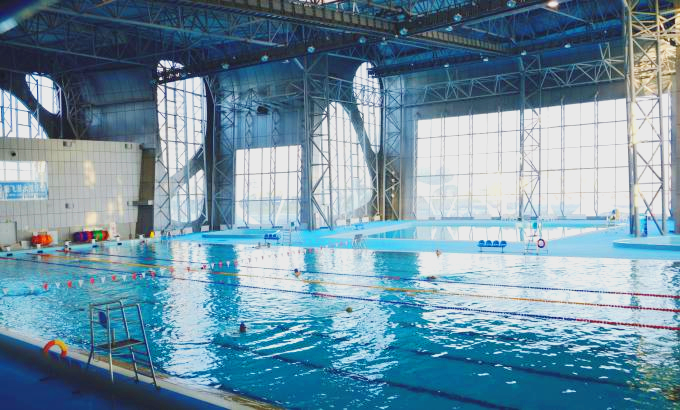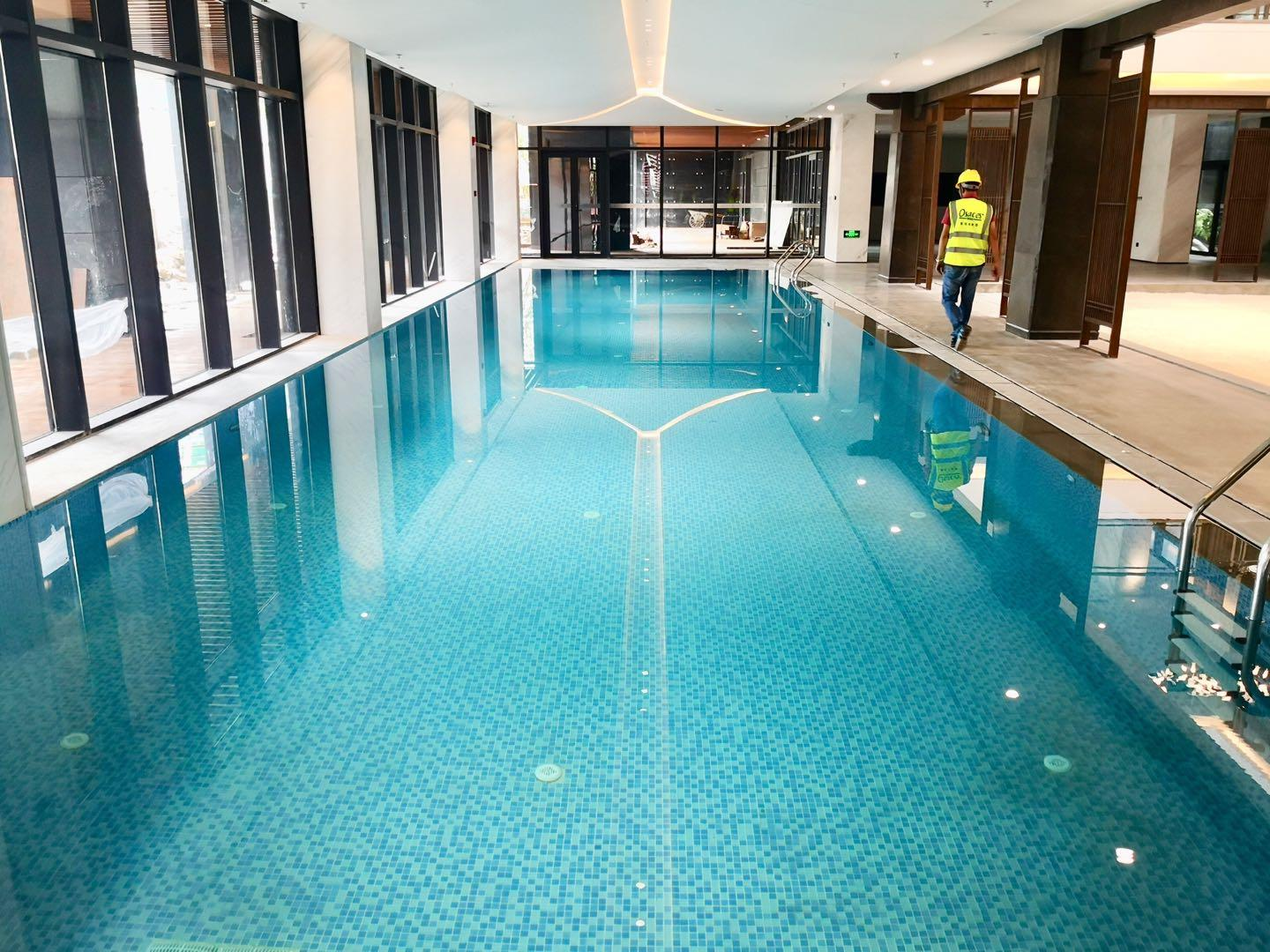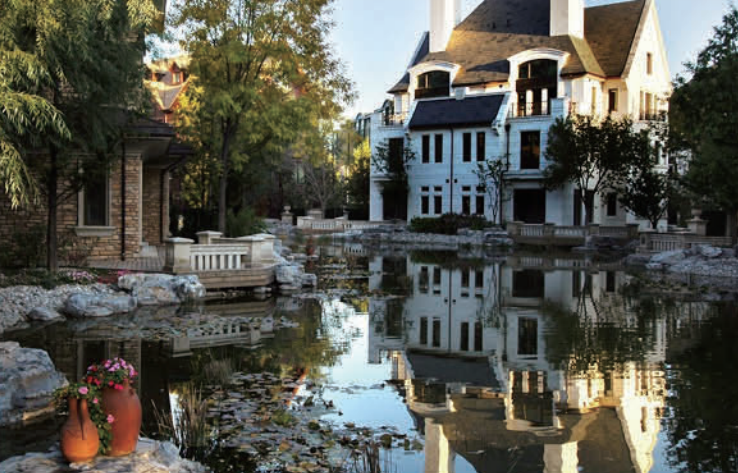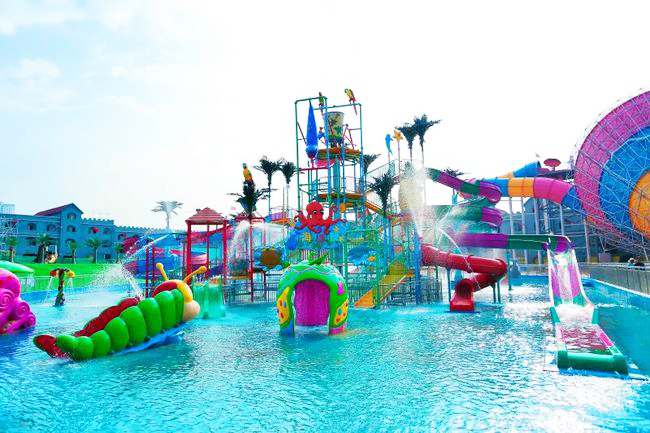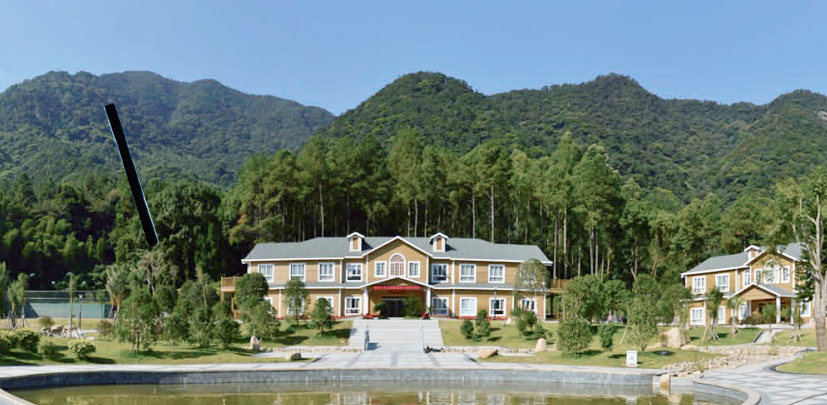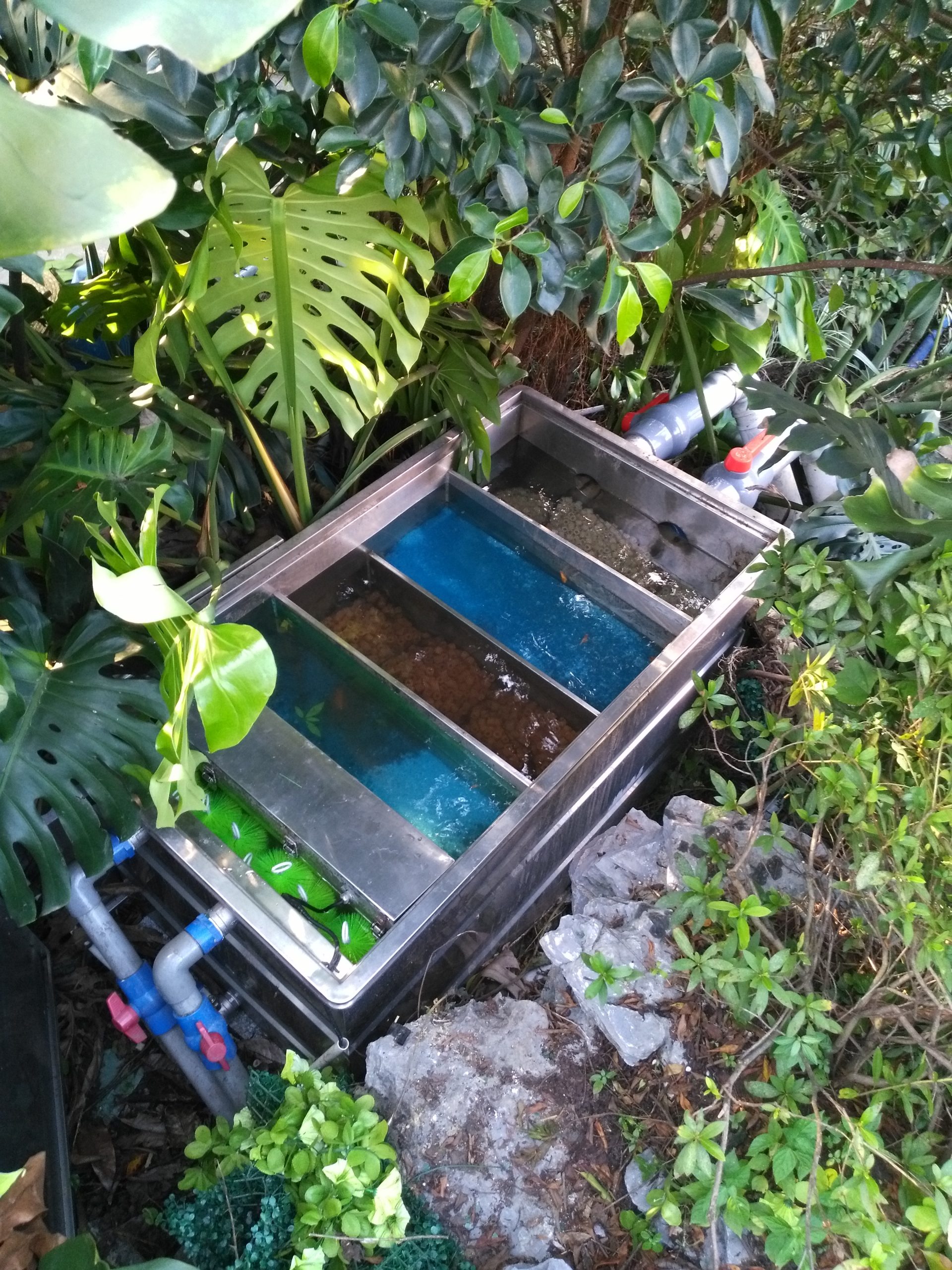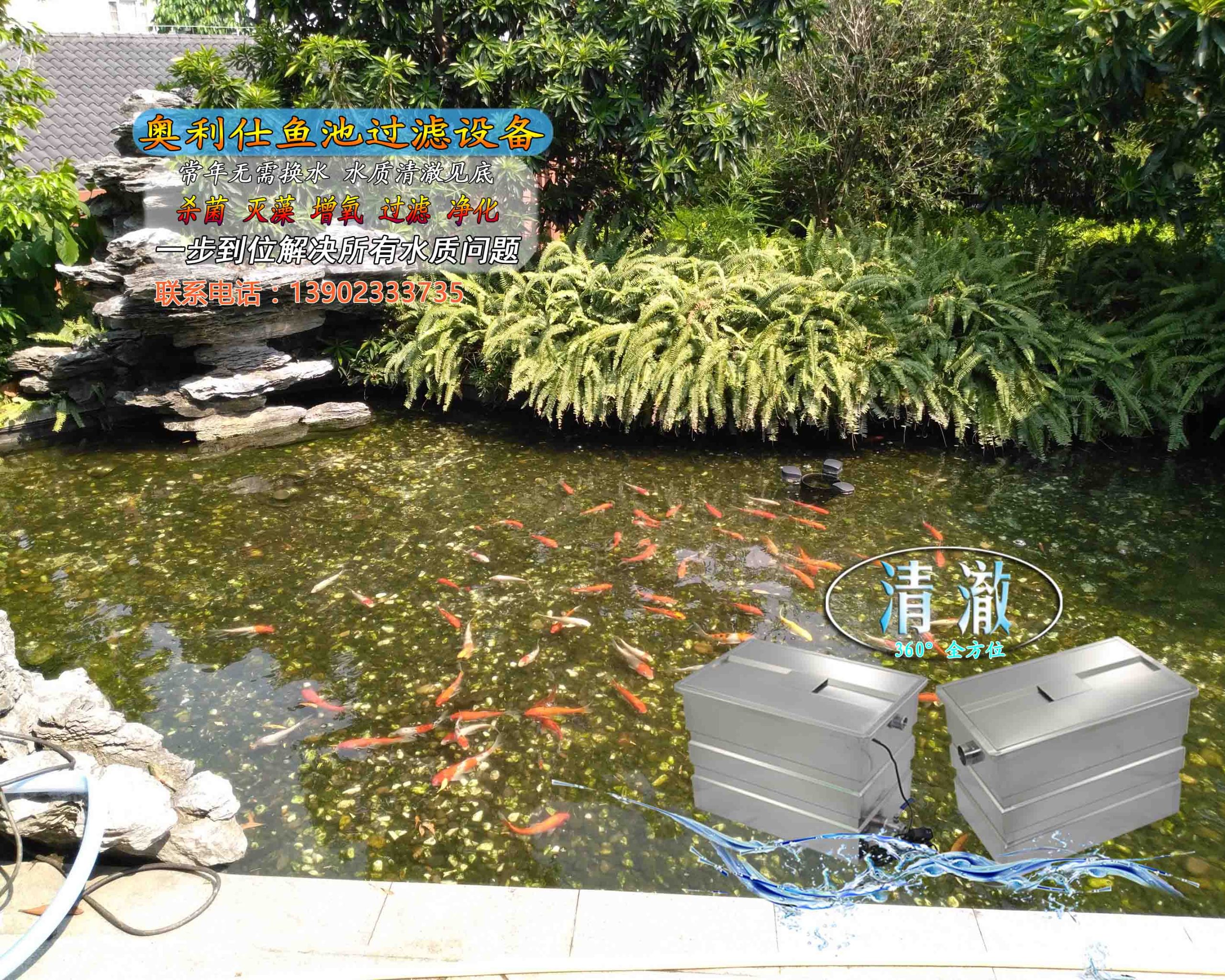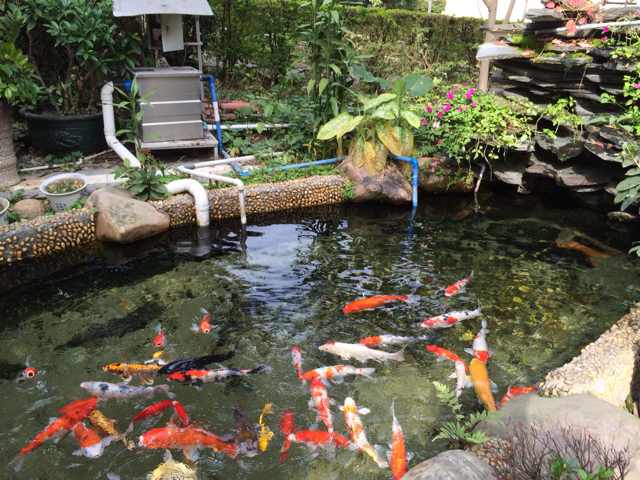common problems
contact details
 Ollies (Guangzhou) Recreation and Sports Equipment Co.
Ollies (Guangzhou) Recreation and Sports Equipment Co.Tel: (020) 82686289
Fax: 020-82694853
Headquarter: No.31-37, Xincun 2 Road, Shangjiang North Street, Dongzhou Village, Xintang Town, Zengcheng City, Guangzhou, Guangdong, China
What causes koi to refuse to eat?
Most people who keep koi have encountered koi do not eat, many keepers began to busy at a loss for words, is not sick, chaotic medication, isolation, burst oxygen and so on began to be sick and desperate for medical help. Here are 9 reasons why koi refuse to eat, the right medicine is good, do not hurt the carp.
Koi refusal due to poor water quality is common and is usually the result of an overly old body of water.
Response:After the koi refuses to eat, it is better to change 1/8~1/6 of the total amount of water in the original pond every day for 3~5 days. Note that the new water must be dechlorinated.
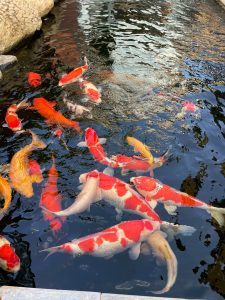
Almost all varieties of koi are subject to refusal of food due to indigestion, often because the keeper is not able to control the amount of feeding, feeding too much at once, koi indigestion, resulting in a period of refusal of food.
Dyspepsia is often accompanied by a dislike of swimming and hiding in the corners of the pond. In addition, some keepers perform frequent and large water changes after large amounts of feeding, resulting in changes in water quality that cause koi to become uncomfortable and refuse to eat, or even spit out their food.
Response:
If the koi are sick, such as white spot disease, enteritis, etc., they are also prone to food refusal. The refusal to eat is usually accompanied by various fish disease characteristics, such as congestion of the body surface, abdominal distension, anal swelling and redness, body bending and so on.
Response:
Calmly analyze, prescribe the right medicine, treat both the symptoms and the root cause of the disease, and the fish will naturally open and eat after the disease is cured.

This usually happens at some point in the growth of the koi. At some point in the koi's journey from small to large, the fish will suddenly start to stop eating due to refusing to eat all day long.
This stop eating may be a biological instinctive reaction, if the fish tank filter is running normally and the fish are in good condition, everything is normal, don't pay attention to it, just wait patiently.
Response:
Sudden changes in the survival environment may also cause koi to refuse to eat, sometimes accompanied by head floating, rapid swimming, easy to scare, and hiding in a corner of the pond.
countermeasures
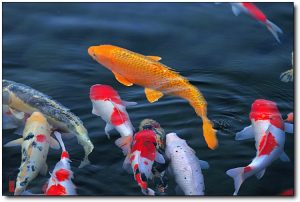
Loneliness due to reduction in fish bycatch.
If multiple koi are kept in a group for a long time, by which time the koi have adapted to their partners, most of them will refuse to eat when the mixing partners are suddenly removed or when they are changed from being kept in a group to being kept alone. Therefore, live bait is good for the koi's spirit, and once it has become accustomed to the disappearance of its partner, the feeling of loneliness will make it not think about eating.
Slowly return to group feeding.
Food refusal due to seasonal changes is also relatively common, especially in northern areas where koi tend to stop eating during the spring and fall stages.
Other reasons for koi to stop eating include: bacterial infection, over-fertilized water, water temperature, insufficient dissolved oxygen in the water, or water quality problems caused by poor filtration systems in the pond, etc. So koi refusing to eat is not necessarily a sign of illness. If you encounter koi refusing to eat, you need to carefully observe and analyze the situation, grasp the physiological state of the koi, and "prescribe the right medicine" to solve the problem easily.
Related content
- What kind of water is good for fish? Talking more about green water for fish
- What to do if the water in your fish pond is unclear? How to keep the water fresh and clear
- Are you ready for the golden age of koi growth?
- What causes new koi to get sick easily?
- Case Sharing--Foshan Shunfeng Mountain Park 3600 square meters landscape pool purification project
- Case Sharing||Huizhou-- Intelligent Terminal Beidou Industry Production Project Fountain Fish Pond Purification Project
- Guangdong Guanyinshan National Forest Park 300m³ landscape fish pond purification project
- Foshan Gaoming District, the United States of America Luhu forest villa area - 50 square meters of swimming pool water circulation filtration system installation
